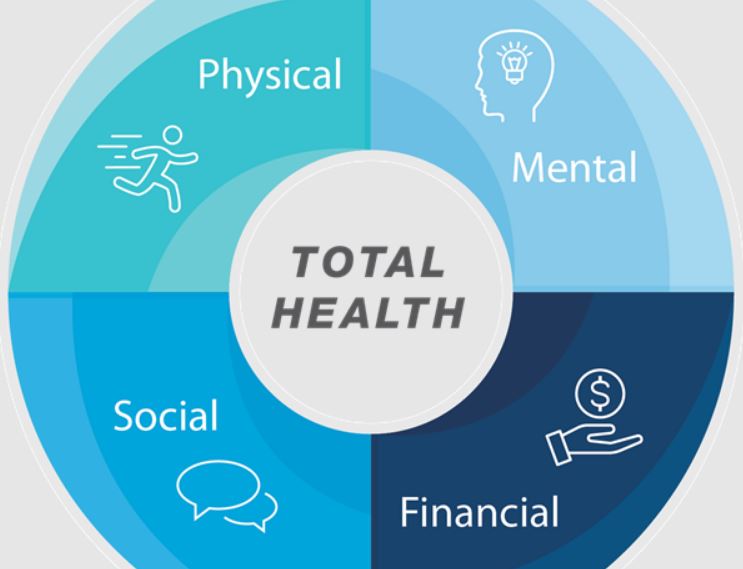Financial health is an essential aspect of overall well-being that often goes overlooked. While many people associate well-being with physical and mental health, financial stability plays a crucial role in shaping our overall quality of life. In this article, we will explore the undeniable link between financial health and overall well-being, highlighting the ways in which our financial situation impacts various aspects of our lives.
1. Reduced Stress and Anxiety:
One of the most evident connections between financial health and overall well-being is the impact on stress levels. Financial troubles, such as debt or lack of savings, can cause significant stress and anxiety, which can have a detrimental effect on our mental and emotional well-being. Conversely, a solid financial foundation with a manageable debt load and an emergency fund can provide a sense of security and ease financial worries, leading to decreased stress levels.
2. Improved Relationships:
Financial struggles can place a significant strain on relationships, whether it is with your partner, family, or friends. Money-related conflicts often arise due to differing financial behaviors and priorities. However, by maintaining good financial health, you can foster healthier relationships based on trust, open communication, and shared financial goals. Financial stability allows for more opportunities to enjoy experiences and build meaningful connections without the added pressures of financial constraints.
3. Physical Health and Well-being:
Financial health can impact physical well-being in various ways. Financial challenges can limit access to healthcare, preventive services, and healthier food choices. Additionally, the stress associated with financial instability can lead to poor sleep, unhealthy coping mechanisms like stress-eating or excessive alcohol consumption, and neglect of self-care practices. By maintaining a healthy financial situation, individuals have the means to prioritize their physical health, leading to better overall well-being.
4. Opportunities for Personal Growth:
Improving financial health opens doors for personal growth and development. Financial stability provides opportunities for further education, career advancement, or starting a business. With a solid financial footing, individuals can invest in themselves and pursue their passions, leading to greater fulfillment and personal satisfaction.
5. Long-term Financial Security:
Financial health also plays a crucial role in determining one’s long-term financial security. By effectively managing finances, individuals can save for retirement, plan for major life events, and build wealth over time. This sense of financial security provides peace of mind and reduces the stress associated with uncertainty about the future.
Conclusion:
The link between financial health and overall well-being is undeniable. Achieving and maintaining good financial health leads to reduced stress, improved relationships, better physical health, increased personal growth opportunities, and long-term financial security. Taking steps towards financial well-being, such as budgeting, managing debt, saving, and investing wisely, can significantly impact our overall quality of life. Remember, good financial health is an ongoing journey that requires discipline and smart decision-making. By prioritizing your financial well-being, you can pave the way for a happier, healthier, and more fulfilling life.

